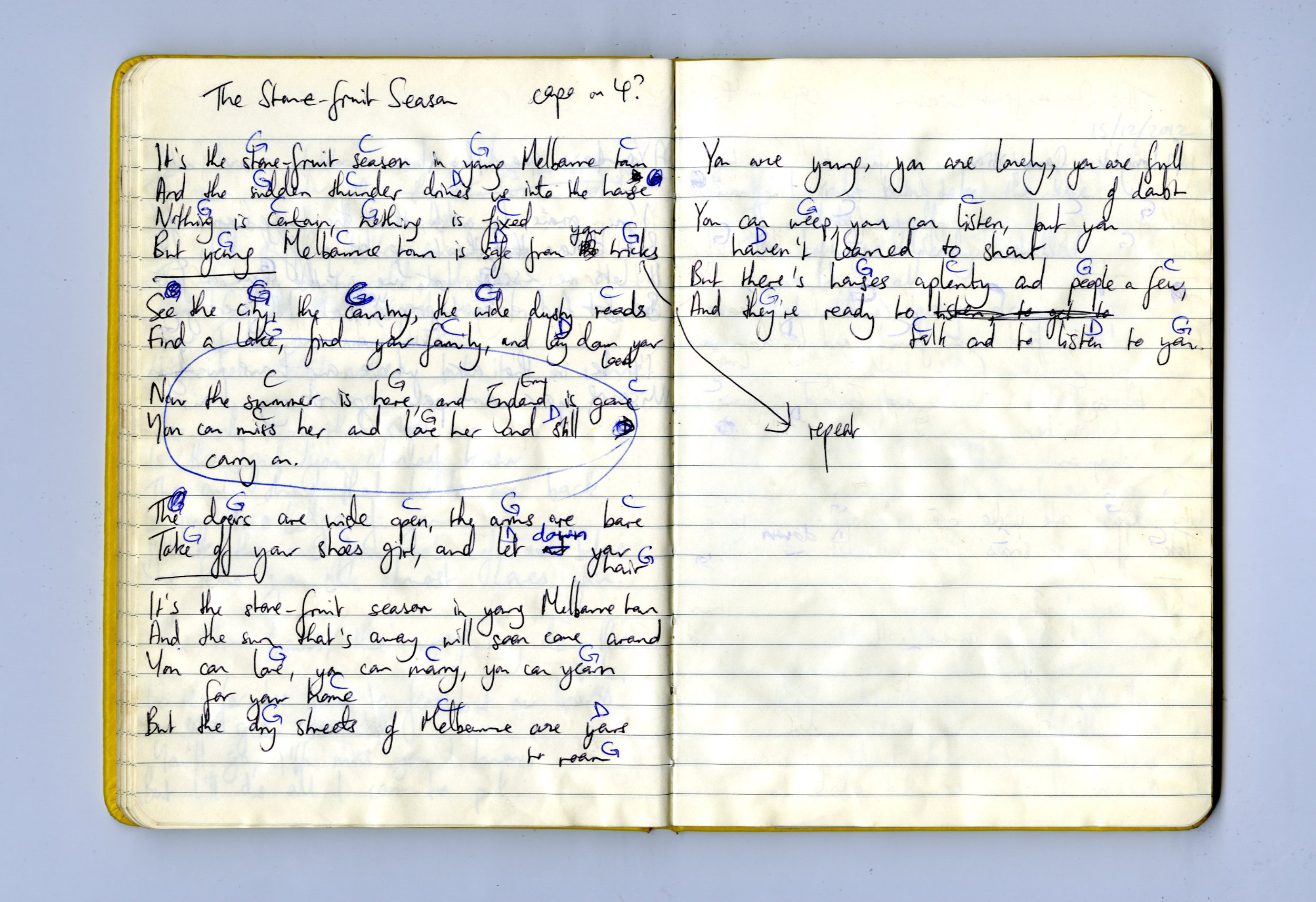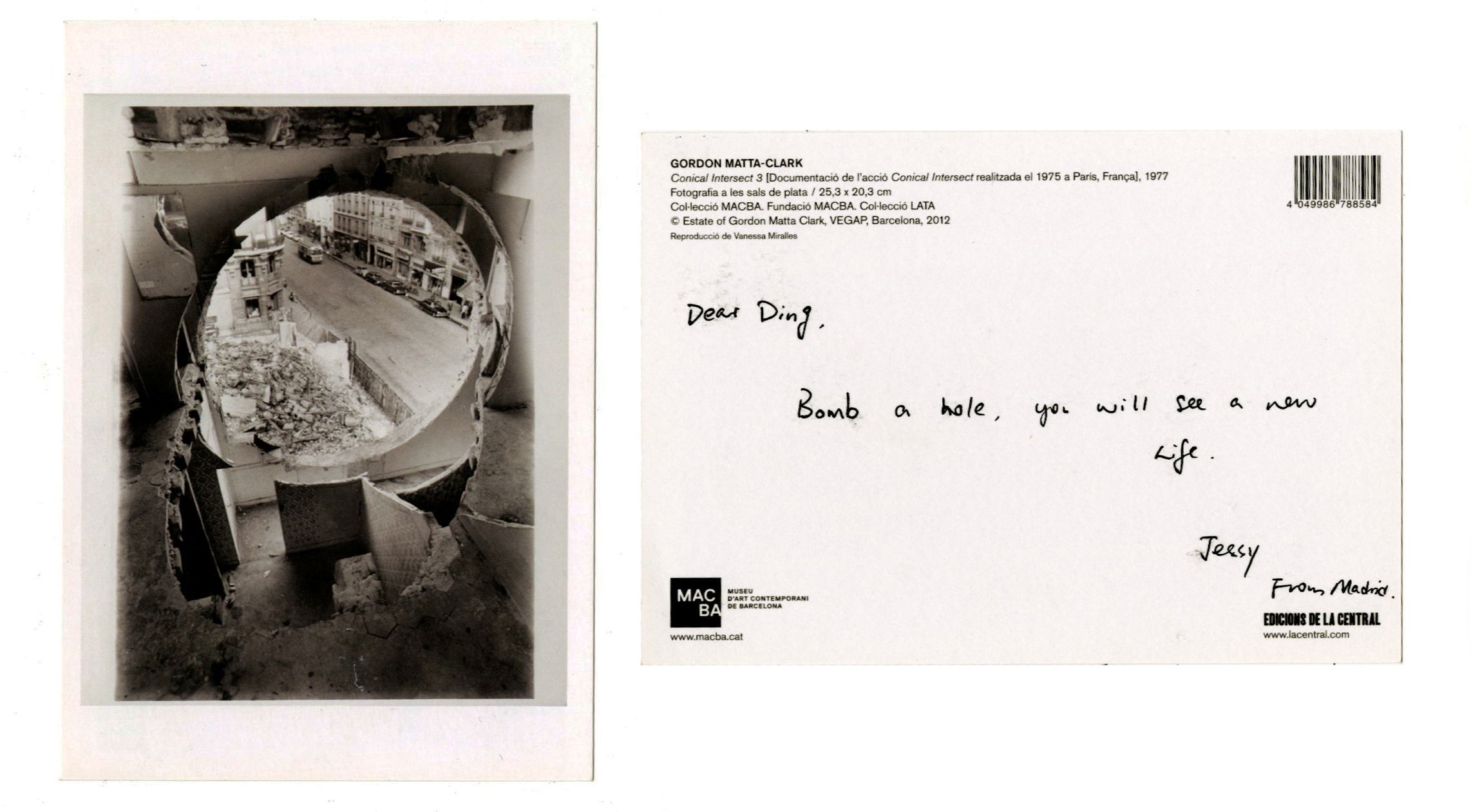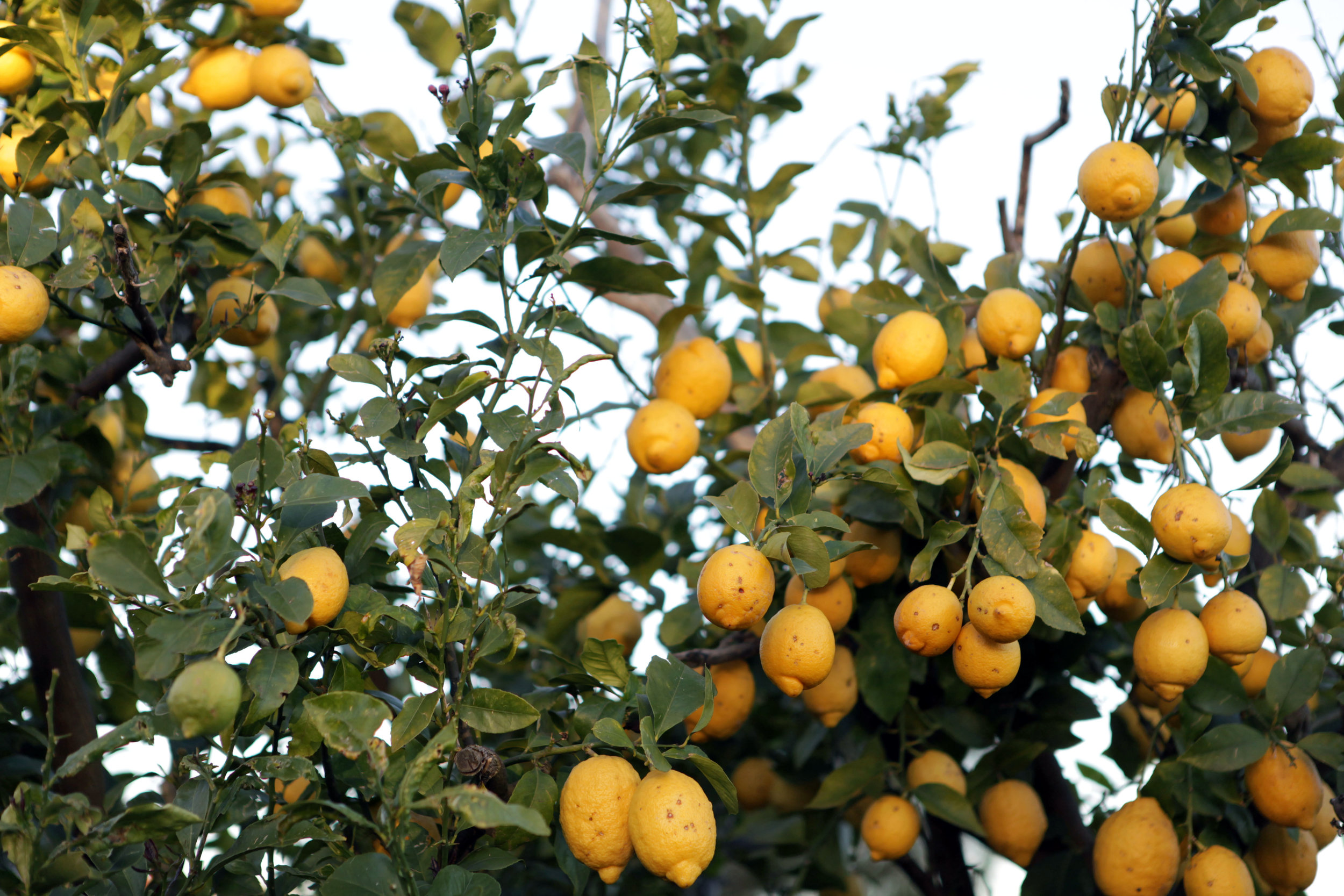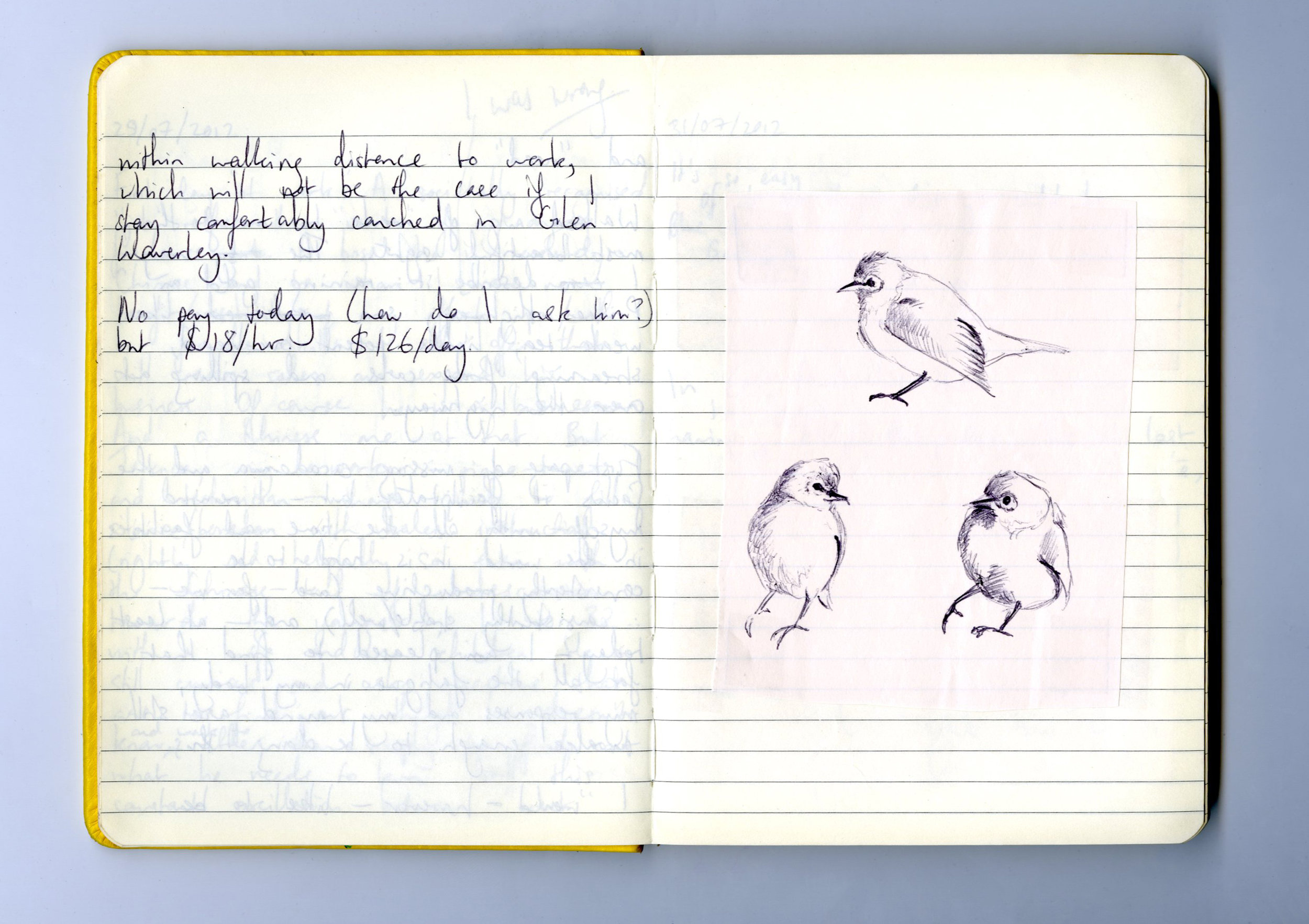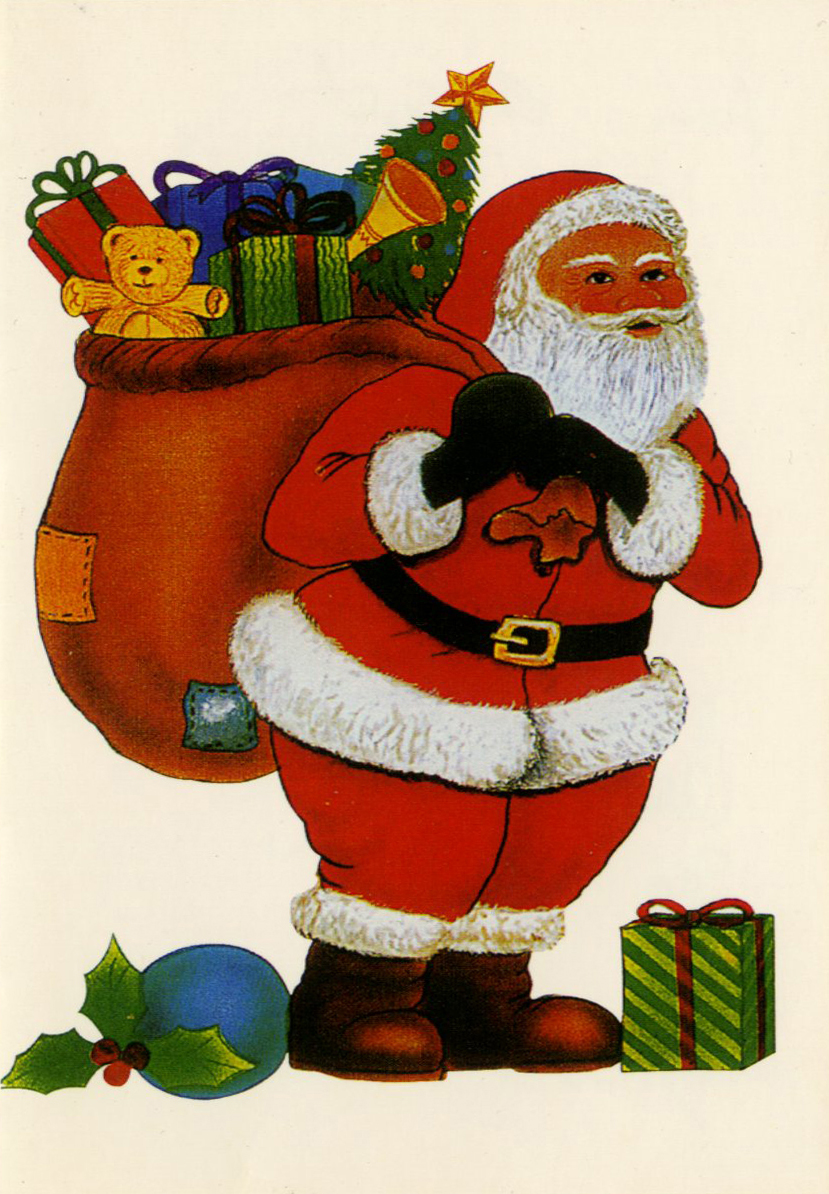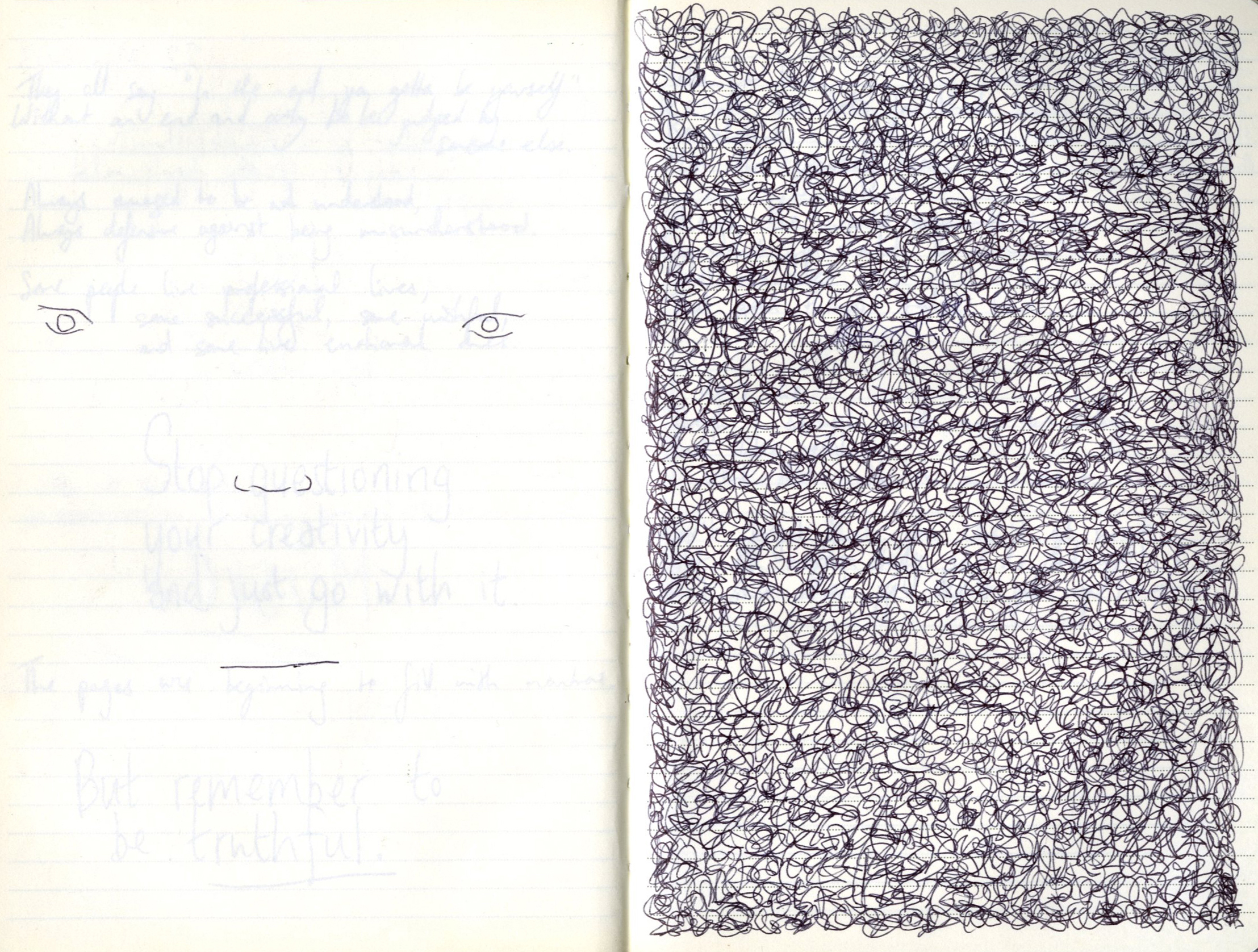12 Stanley Street
12 Stanley Street is a book of memories in photographs, prose, and diary fragments telling the story of a large white house in Melbourne and its inhabitants in 2012.
The book is a diary: the author’s recollection of experiences, gathered together in one place from the disparate media in which they were recorded at the time and afterwards. All of the stories and characters are real to the best of the author’s recall, but are given pseudonyms to respect the privacy of the people they portray.
Story Fragment #1
Daytime fire talks. Paul’s garden. Curly’s makeshift fire that never went out, a brick enclave of dry wood and discarded cereal boxes. 38 degrees C, no need for fire. The heat so full it couldn’t possibly absorb anymore.
“She was my best friend,” said Curly. The best words a man can say about his wife. “And I was hers. We were married for 3 years.”
I can’t remember who was there at that time. Maybe JB, maybe Felix, maybe Tulips. Maybe even Curly’s current lady friend who he was scared of dating for as long as he had.
“Her family were white collar and I was a construction site manager. It didn’t matter that I managed construction of some of the biggest high-rises in Melbourne, they never liked me. Time came when they asked her to choose. Her family or me. And she chose her family.”
Curly smoked a lot and drank from waking to sleeping. He ate one meal a day: six chicken wings from the chicken shop down Glen Huntley Road. He drank three beers and two wines, on average. He drove us out to the countryside one time, to where his family had a house, a beer in his hand the whole way. In that house was a photo of him in his younger years, several stone heavier than he was now.
“We tried to carry on seeing each other after the divorce. We were still in love. But then things became too hard. She chose her family.”
Story Fragment #2
There was that one special conversation that seemed to span days and nights and weeks but in reality was probably only one long evening. It began with the fireplace at night, and ended on a set of swings in a local playground in the morning.
JB introduced me to Richard Yates’ Revolutionary Road. He was frequently preoccupied with women and relationships, though he would deny such a statement himself, or he would frame it differently. He called me pragmatic.
The night we connected was the night we stayed up, both unemployed at that point - JB a new member of the household, and myself waiting to start the new job at the shopping mall. Between us we tended the fire like a child.
It was JB who introduced me to the line:
“Tough and female and adequate as hell.”
I fell in love with that line. It was the woman I wanted to be.
But my favourite line of Yates’ was this:
“if you wanted to do something absolutely honest, something true, it always turned out to be a thing that had to be done alone.”



